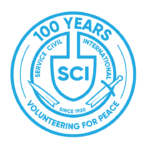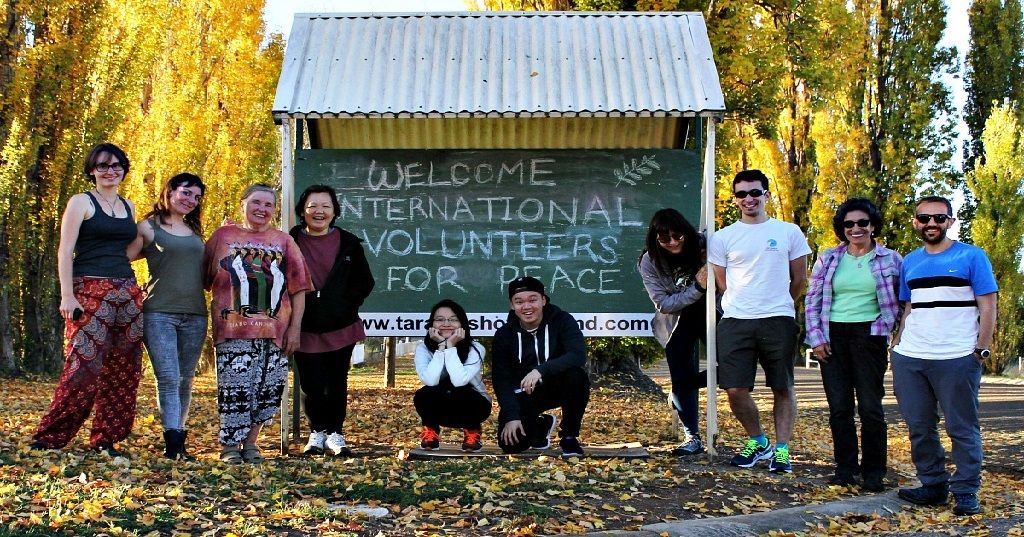Why does IVP choose International Workcamps as its main tool in building paths towards peace?
In organising international workcamps, IVP, and SCI more generally, tries to work on three different levels at the same time:
On the first level, a group of individuals with very different geographical, cultural and social backgrounds are brought together as a workcamp-group. They will form a temporary community of their own for the entire period of the workcamp. They will have to work together on a project and they will have to live together; getting to know each other, cooking food, organising their recreation time, agreeing on how the project work should be done and so on. In many circumstances the living conditions are very simple and often do not allow a great deal of privacy. One can easily imagine that in such a setting and with such a variety of participants, conflicts arise. They usually do! Participating in a workcamp is about learning how to solve these conflicts in a peaceful way, using and exercising methods of non-violent conflict resolution and learning to respect different views and cultural backgrounds.
On the second level, the workcamp group also interacts with the local community in which the project is based. In this way, they will have an impact on the community where they will temporarily live. In most countries locals are often very curious about people who have come from abroad to work voluntarily on a project. It is not always easy for them to understand why anyone would do this. In this way international workcamps help to broaden the perspective of local people. In most cases, the group will work closely with the local community, talking together, exchanging ideas, discussions and enjoying the local culture together.
On the third level, the workcamp reflects SCI’s slogan throughout the years; ‘Deeds, not words’. In this regard, the practical work done is of the utmost importance. Though it might be our primary goal to bring people from all around the globe together to give them the opportunity to practice peaceful co-operation and non-violent conflict resolution, this is not necessarily the main goal for the local project partner or organisation. Often, their first concern is that a specific project is completed so it can benefit the local community. So it is important that volunteers are dedicated to carrying out the work that brought them to that particular local community.
On each of these levels there is the opportunity to build friendships and IVP believes that the long – sometimes lifetime – international friendships which begin on workcamps are an important contribution to international understanding and concern.


